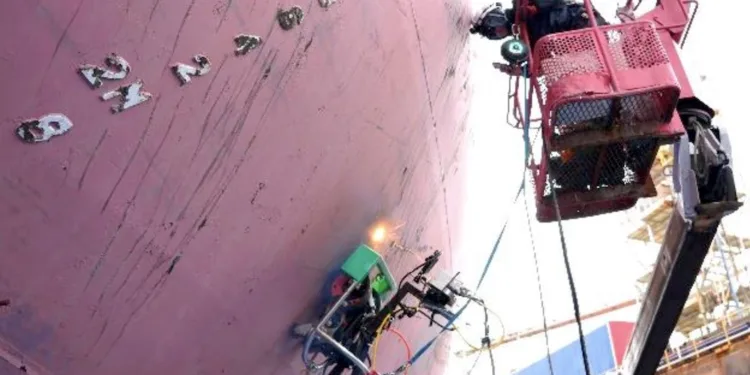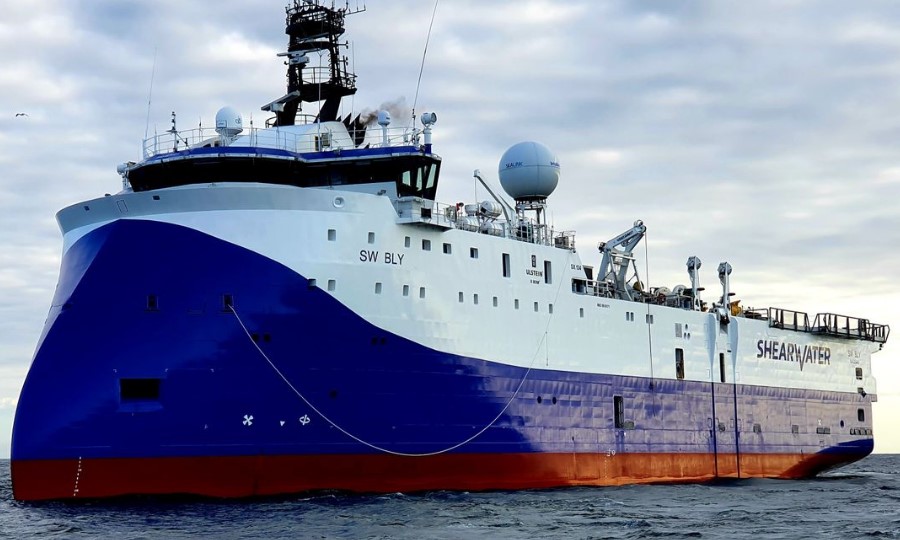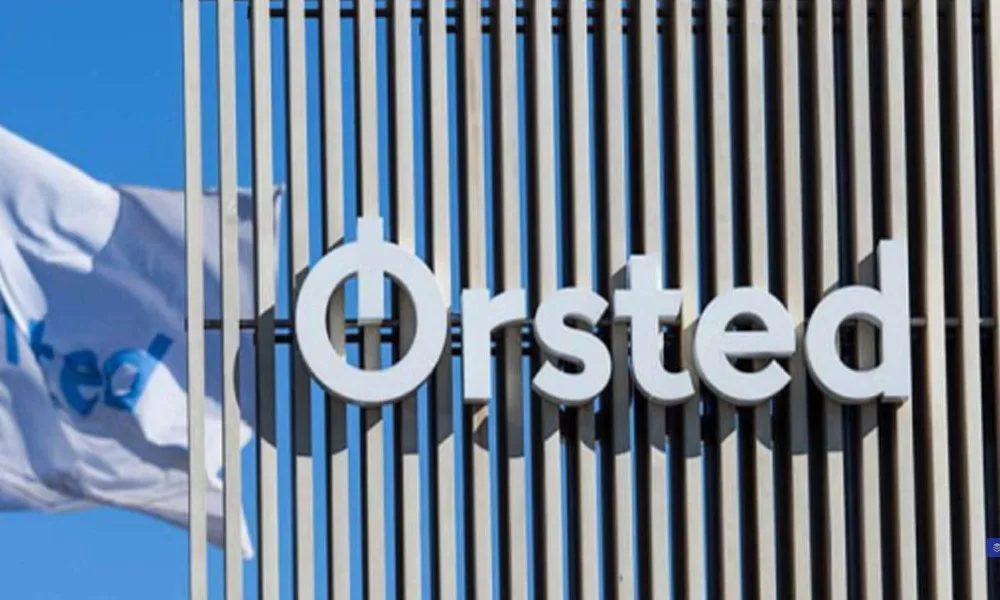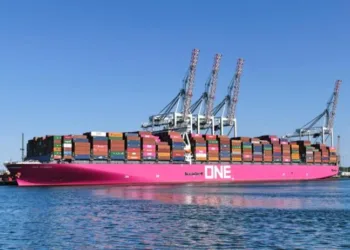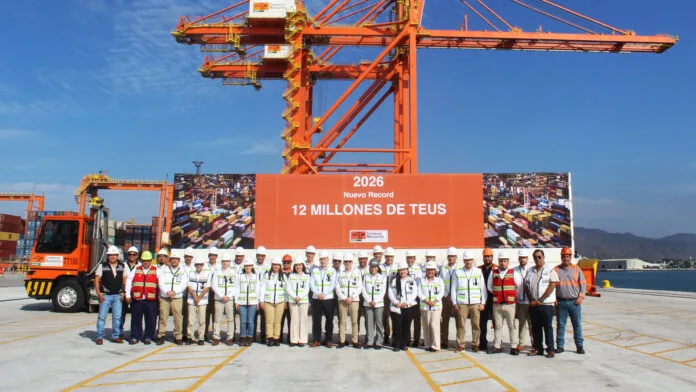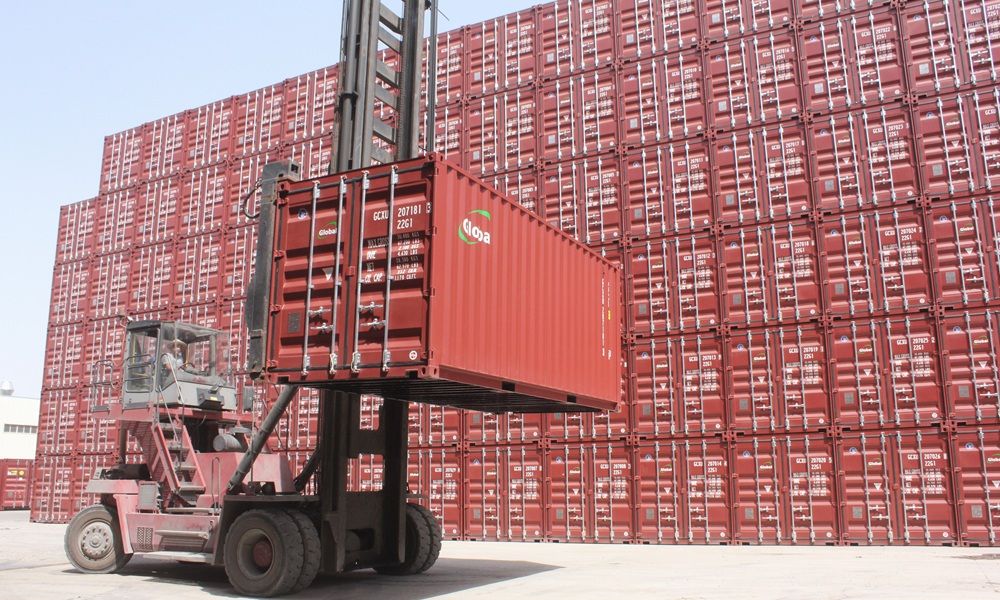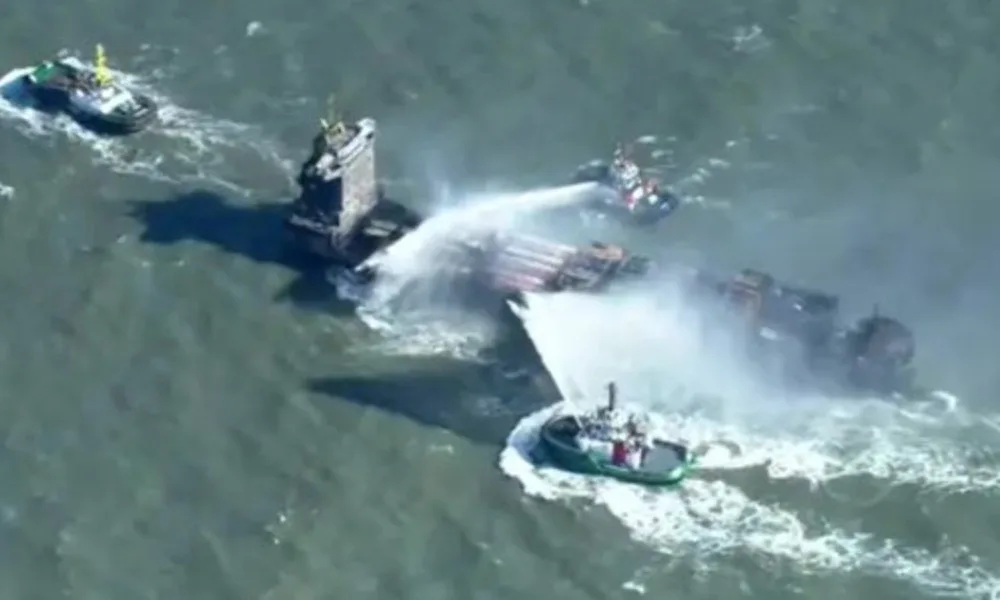Joy Basu, CEO of Smart Ship Hub, on why shipping needs to think predictive and not scheduled when it comes to looking after vessels.
The transition to predictive maintenance is not just an upgrade it is the future of shipping as companies in their droves adopt technical innovations to ensure the best possible standard of care and quality of life for vessels.
Scheduled maintenance has long been the standard in the shipping industry, where equipment and vessel components are serviced based on predefined intervals. However, this approach is increasingly outdated in the face of modern predictive maintenance technologies, which use data-driven insights to optimise maintenance schedules.
The industry is already seeing a shift toward predictive maintenance with advancements in digital twin technology, AI-driven analytics, and cloud-based fleet management. Companies that embrace these innovations will gain a competitive edge, reduce operational risks, and enhance profitability.
By monitoring engine performance, fuel consumption, and other critical parameters, predictive maintenance helps optimise ship efficiency. This leads to better fuel management, lower emissions, and improved operational performance.
Shipping companies that continue relying on scheduled maintenance will face higher costs, inefficiencies, and regulatory challenges. Predictive maintenance is not just an upgrade—it’s the future.Investing in data-driven, AI-powered maintenance strategies today will ensure long-term profitability, sustainability, and a competitive edge in the evolving maritime industry.
Traditionally the maritime industry has worked on scheduled maintenance which operates on a predetermined timeline, not on actual equipment condition. This often leads to either:
The primary difference between condition-based vs. predictive maintenance is that the latter combines sensor measurements with precise algorithmic formulas to predict the exact moment when maintenance actions should be taken.
Timely and effective maintenance of seagoing vessels is fundamental to the maritime industry’s core business of transporting cargo from A to B as safely and efficiently as possible. Well-maintained ships experience fewer unexpected failures or breakdowns, reducing the potential for accidents, delays and disruptions, while safeguarding the lives of the crews serving onboard.
While vessel maintenance necessarily incurs costs, careful asset management should ultimately lead to savings by preventing more expensive repairs or replacements that could result from neglect or deferred action. Effective maintenance can also help to improve fuel efficiency and reduce other operational expenses by allowing the ship to sail in condition as close to optimal as possible, creating benefits for both the shipping company and the environment.
The evolution of condition-based maintenance (CBM) has helped to increase the effectiveness of vessel care processes, moving away from a reliance on averages and statistical assumptions to an approach tailored specifically to the equipment or asset being maintained. Scheduling maintenance activities based on the actual condition of the equipment, rather than following a fixed calendar-based timetable, allows for resources to be deployed more efficiently and for the impact of maintenance procedures on vessel operations to be minimised.
Current maintenance practices within the shipping industry typically involve a range of common processes and requirements that present significant opportunities for optimisation. Multiple stakeholders, including ship owners, classification societies and equipment manufacturers, all have a role to play in managing maintenance, but processes suffer from a lack of direct integration between the parties.
The philosophy behind predictive maintenance, however, is to only perform those tasks when they are actually needed to ensure optimal uptime on the equipment. This generally means condition-based monitoring to ensure that maintenance is triggered when assets meet certain predetermined conditions.
The maritime sector undoubtedly faces a range of challenges, both technical and structural, in deploying efficient and effective condition-based maintenance systems. However, many of these challenges could be substantially alleviated by integrating data and analytics-driven methods into the maintenance workflow and creating a data-driven condition-based maintenance (DCBM) process.
By integrating data analytics with traditional maintenance methods, the industry has the potential to significantly improve both the reliability and operational efficiency of marine vessels. This will require the development of analytics-based diagnostic systems, real-time monitoring solutions, and comprehensive digital platforms to remove errors and inefficiencies from traditional processes and optimise workflows.
The industry is already seeing a shift toward predictive maintenance with advancements in digital twin technology, AI-driven analytics, and cloud-based fleet management. Companies that embrace these innovations will gain a competitive edge, reduce operational risks, and enhance profitability.



